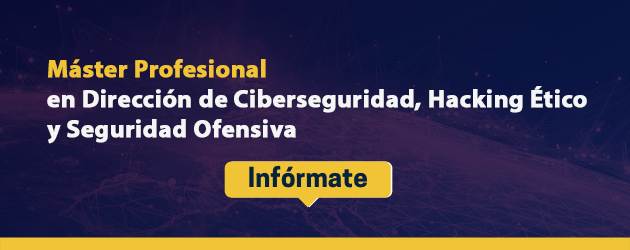Compliance in the Automotive Sector
The automotive industry is constantly evolving, driven by digitalization and vehicle connectivity. This transformation has brought with it new challenges in terms of information security, forcing companies to adopt regulations and standards that guarantee data protection and resilience against cyberthreats.
In this article, we explore the key regulations that are shaping information security in the automotive sector, from general regulations such as the NIS2 Directive and the ISO 27001, to sector-specific frameworks such as TISAX and IATF 16949.
NIS2 Directive: Strengthening Cybersecurity in the Automotive Sector
The NIS2 Directive (Network and Information Systems Directive) is a European regulation designed to improve cybersecurity in critical sectors, including the automotive industry.
Main requirements of the NIS2 Directive:
- Risk management: Implementation of appropriate measures to mitigate cyber risks and protect information systems.
- Incident Report: Obligation to report security incidents within 24 hours and provide full details within 72 hours.
- Supply chain security: Ensure the cybersecurity of suppliers and business partners.
ISO 27001: Information Security in the Automotive Industry
The rule ISO 27001 establishes the requirements for a Information Security Management System (ISMS), being essential in the automotive industry due to the increase in connected and autonomous technologies in vehicles.
Benefits of implementing ISO 27001:
- Data Protection: Ensures the security of sensitive company and customer information.
- Normative compliance: Facilitates adaptation to global regulations such as GDPR and NIS2.
- Continuous improvement: Promotes constant adaptation to new technological threats.
TISAX: Information Security in the Automotive Supply Chain
TISAX (Trusted Information Security Assessment Exchange) is a security standard developed by the German Association of the Automotive Industry (VDA), based on ISO 27001 but adapted to the specific needs of the automotive sector.

Key features of TISAX:
- Shared assessment: Allows you to share safety audit results with other members of the automotive ecosystem.
- Specific requirements: Includes protection measures for information in the supply chain.
- Certification valid for three years: Compliance is reviewed annually to ensure continued safety.
IATF 16949: Quality Management with a Focus on Information Security
The rule IATF 16949 is oriented to systems of quality management in the automotive industry, but also incorporates information security aspects.
Benefits of IATF 16949:
- Quality improvement: Promotes the optimization of automotive processes and products.
- Supply chain efficiency: Reduces variability and waste, improving productivity.
- Global compliance: Ensures adherence to international standards, facilitating expansion into global markets.

Conclusion
Information security regulations and standards in the automotive sector are essential to address the challenges of digitalization and vehicle connectivity. The adoption of regulations such as NIS2, ISO 27001, TISAX and IATF 16949 Not only does it strengthen security, but it also improves competitiveness and strengthens the confidence of consumers and business partners.
Get to know our Professional Master's Degree in Cybersecurity Management, Ethical Hacking, and Offensive Security.



































